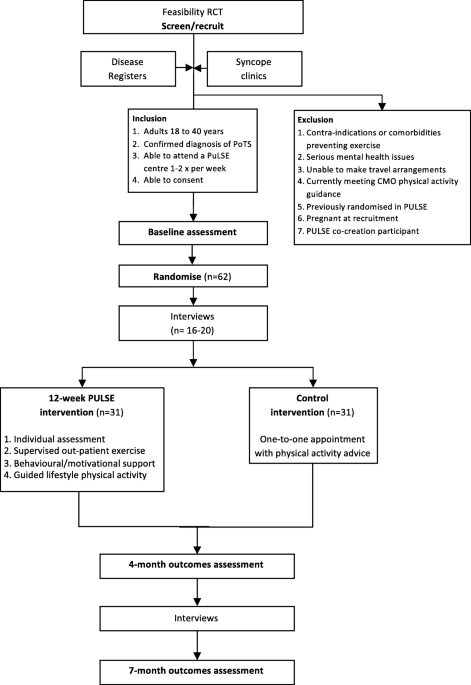
Protocol for a randomised controlled feasibility trial of exercise
4.9 (369) In stock

4.9 (369) In stock
Background Postural orthostatic tachycardia syndrome (POTS) is an autonomic nervous system disorder causing an abnormal cardiovascular response to upright posture. It affects around 0.2% of the population, most commonly women aged 13 to 50 years. POTS can be debilitating; prolonged episodes of pre-syncope and fatigue can severely affect activities of daily living and health-related quality of life (HRQoL). Medical treatment is limited and not supported by randomised controlled trial (RCT) evidence. Lifestyle interventions are first-line treatment, including increased fluid and salt intake, compression tights and isometric counter-pressure manoeuvres to prevent fainting. Observational studies and small RCTs suggest exercise training may improve symptoms and HRQoL in POTS, but evidence quality is low. Methods Sixty-two people (aged 18–40 years) with a confirmed diagnosis of POTS will be invited to enrol on a feasibility RCT with embedded qualitative study. The primary outcome will be feasibility; process-related measures will include the number of people eligible, recruited, randomised and withdrawn, along with indicators of exercise programme adherence and acceptability. Secondary physiological, clinical and health-related outcomes including sub-maximal recumbent bike exercise test, active stand test and HRQoL will be measured at 4 and 7 months post-randomisation by researchers blinded to treatment allocation. The PostUraL tachycardia Syndrome Exercise (PULSE) intervention consists of (1) individual assessment; (2) 12-week, once to twice-weekly, supervised out-patient exercise training; (3) behavioural and motivational support; and (4) guided lifestyle physical activity. The control intervention will be best-practice usual care with a single 30-min, one-to-one practitioner appointment, and general advice on safe and effective physical activity. For the embedded qualitative study, participants (n = 10 intervention, n = 10 control) will be interviewed at baseline and 4 months post-randomisation to assess acceptability and the feasibility of progressing to a definitive trial. Discussion There is very little high-quality research investigating exercise rehabilitation for people with POTS. The PULSE study will be the first randomised trial to assess the feasibility of conducting a definitive multicentre RCT testing supervised exercise rehabilitation with behavioural and motivational support, compared to best-practice usual care, for people with POTS. Trial registration ISRCTN45323485 registered on 7 April 2020.

Integrating an early childhood development programme into Bangladeshi primary health-care services: an open-label, cluster-randomised controlled trial - The Lancet Global Health

Exercise Guidelines for Postural Tachycardia Syndrome

First Randomized Controlled Trial Comparing Woebot to Clinician-Led Psychotherapy Reveals Digital Mental Health Intervention Is Non-Inferior in Reducing Depressive Symptoms Among Teens

Nikki Holliday - Design Manager - Coventry University

A randomized controlled trial of a home-based exercise program on prognostic biomarkers in men with prostate cancer: A study protocol - ScienceDirect
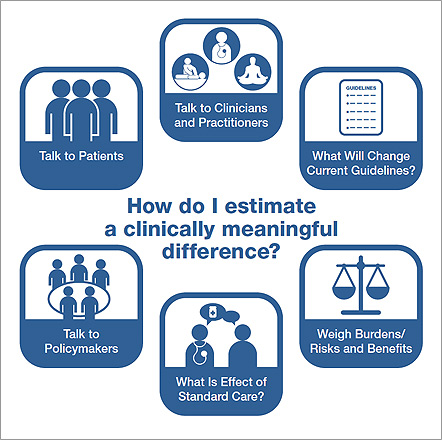
Pilot Studies: Common Uses and Misuses

Helen EFTEKHARI, Arrhythmia & Syncope Advanced Nurse Practitioner, RGN, BSC (Hons) Nursing, MSC Advancing Nurse Practice (MSC). NIHR MRES, University Hospitals Coventry and Warwickshire NHS Trust, Coventry
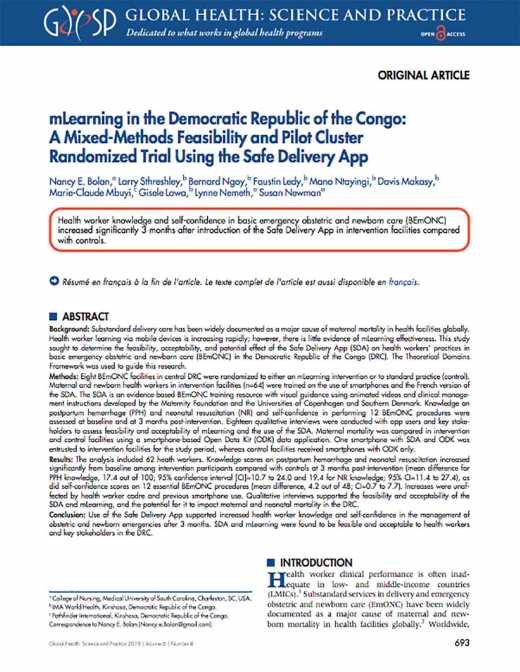
mLearning in the Democratic Republic of the Congo: A Mixed-Methods Feasibility and Pilot Cluster Randomized Trial Using the Safe Delivery App

PDF] Endurance Exercise Training in Orthostatic Intolerance: A Randomized, Controlled Trial
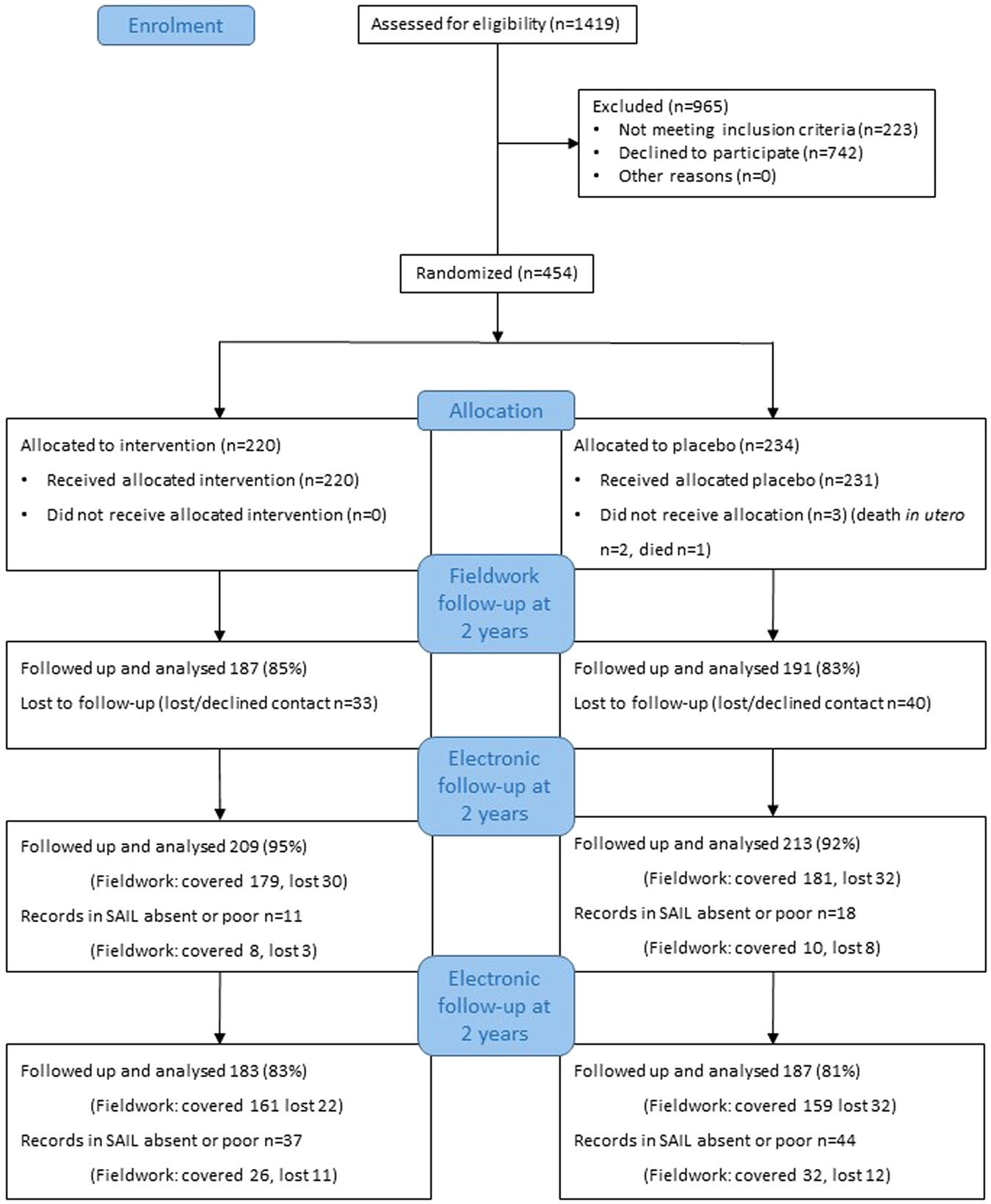
Long term extension of a randomised controlled trial of probiotics using electronic health records

PDF) Protocol for a randomised controlled feasibility trial of exercise rehabilitation for people with postural tachycardia syndrome: the PULSE study

Julie BRUCE, Professor, PhD MSc BSc RGN, The University of Warwick, Coventry, Warwick Medical School (WMS)
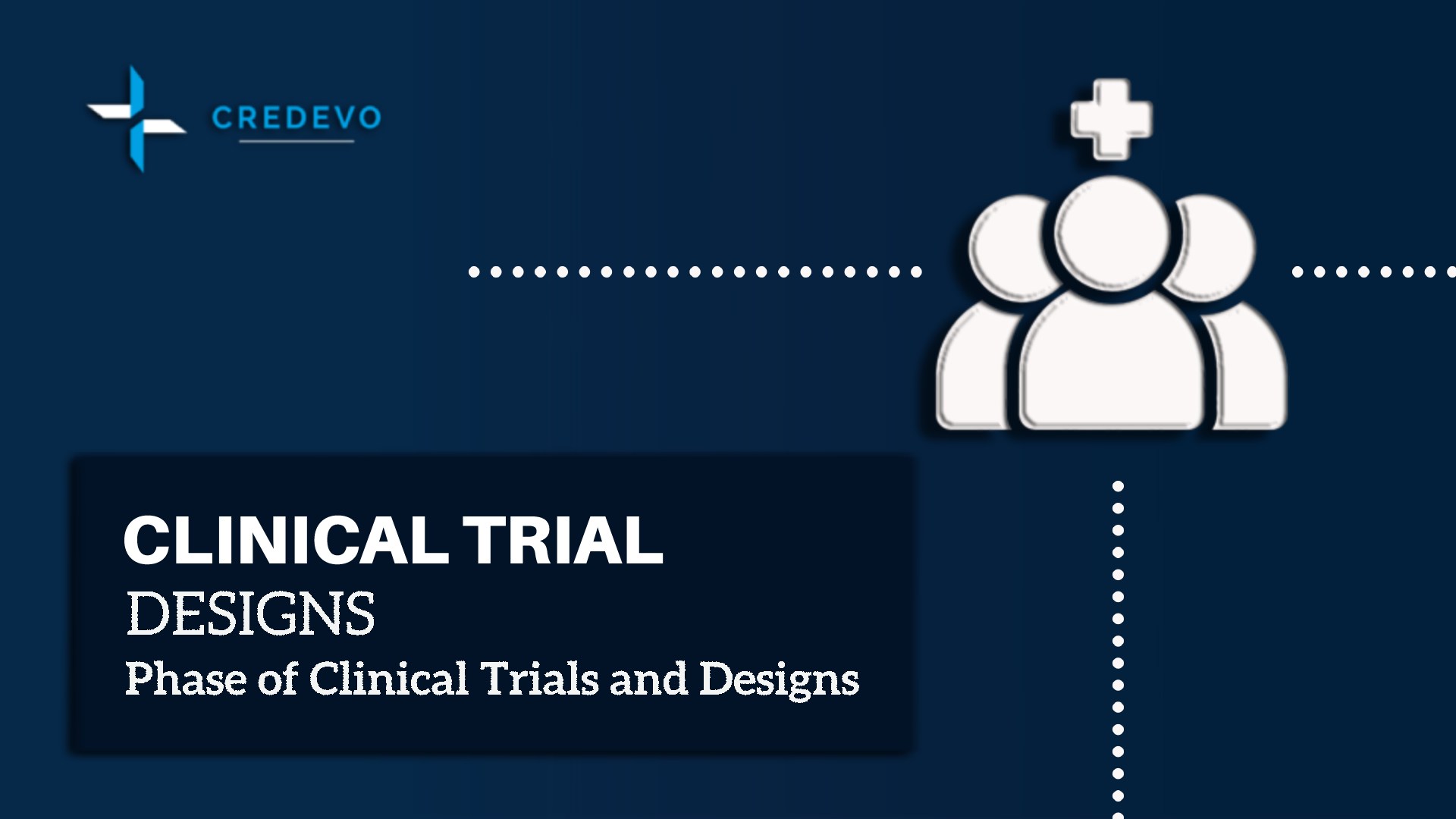
Clinical Trial Designs & Clinical Trial Phases